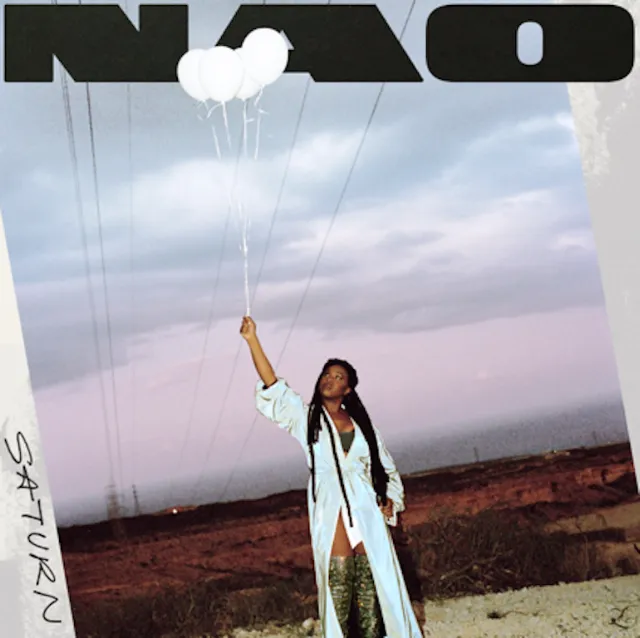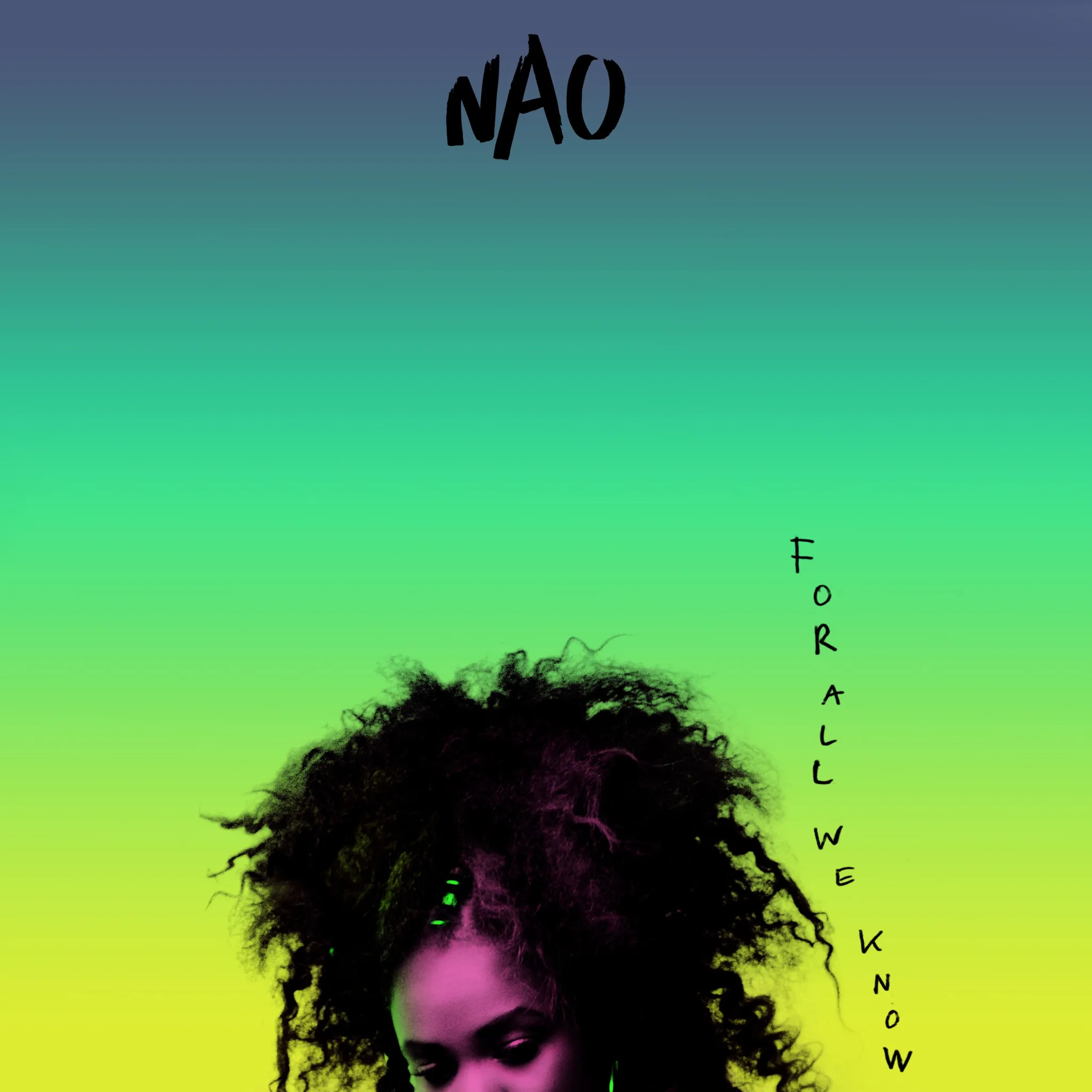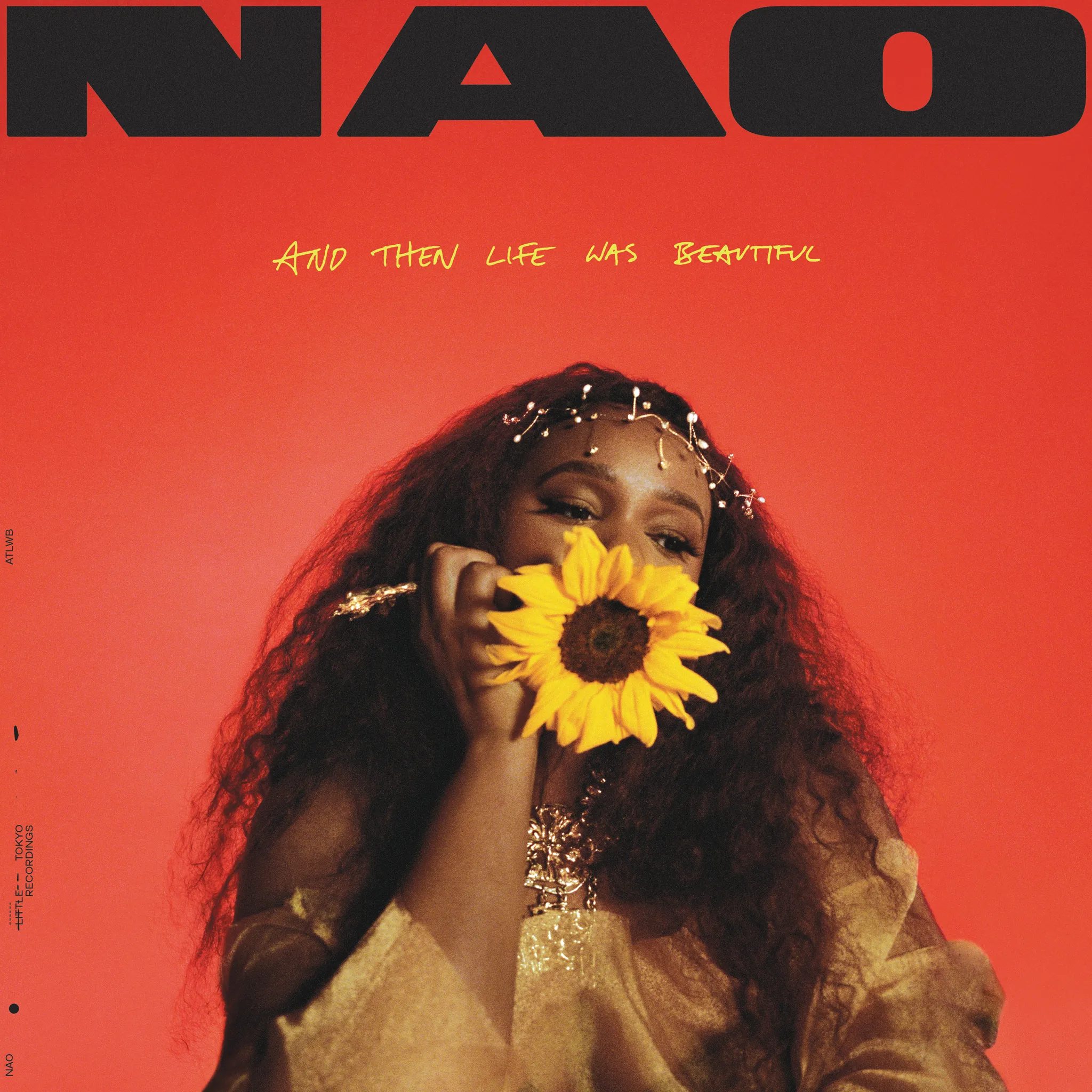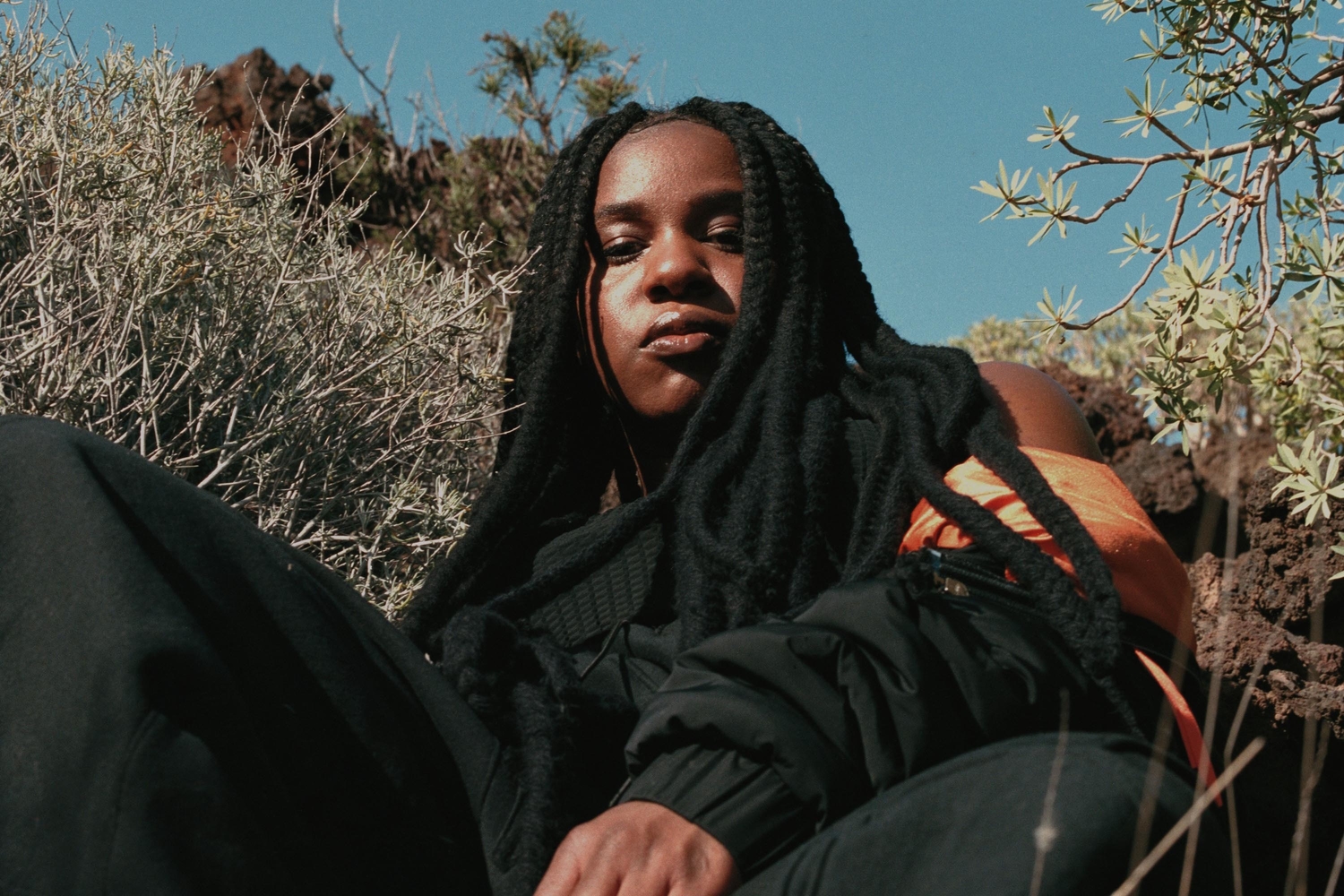
Interview NAO talks her Hyundai Mercury Prize-shortlisted album ‘Saturn’
“I felt a real need to be honest with this album and a real need to be vulnerable.”
Although it’s fair to say that NAO hasn’t necessarily made a massive impact on the mainstream charts, it’s undeniable that her music has been pivotal in the evolution of British R&B. Her 2016 debut ‘For All We Know’ was entirely refreshing, full of wonky beats and a take on R&B that was less polished and more honest. On her first full-length, she’d defined a unique style for herself that was instantly recognisable; on its follow-up, she found herself in a slightly different spot.
“I didn’t find it very nerve-wracking at all, not because I was particularly confident,” NAO laughs, “but because, in my personal life, so much had happened; a break up, moving house and I felt like, creatively, it gave me a lot to talk about,” she explains.
Themed around the concept of the Saturn Return - the idea that every 29 or so years you undergo an awakening, as you ‘come of age’ when Saturn returns to the exact place it was when you were born - NAO’s aptly-named album ‘Saturn’ saw her grappling with some big shifts. “I feel like most of my friends were all going through similar things, we hit 26, 27 and were all like ‘oh my god, everything is falling apart’,” she told us, “so even though I’m not that big on astrology, I like that explanation of why that happened to us all at the same time. Even if it’s not real, I kind of like the symbolism that created for me to draw my album on.”
But it’s one thing to experience your Saturn returning, and another to write a whole album about it. “It is a bit weird to talk about all of that now because it’s in my past,” NAO reflects, “I’m definitely in a more confident place and a bit happier for sure.”
“I definitely had to prove myself, in my opinion, because I was a black, British girl singing R&B and there wasn’t much of a scene over here for that.”
It wasn’t just her personal life that was changing either, as musically, ‘Saturn’ takes a much more intimate turn. The production is a lot smoother and there are some new influences such as dancehall and afrobeat coming in to play. There’s a pure sense of vulnerability throughout the album that’s unignorable and is a completely mature and vibrant expansion on the sound she forged on her debut.
“I think with the first album, it’s the mindset of making myself individual, no one wants their music to sound like anyone else, so I was hell-bent on messing with the beats, making them a bit wonky and weird,” she explains. “Whereas this time I let the music be, I was confident and I didn’t mess with the music as much, I just didn’t mess with the production too much and let it be a bit more organic.”
Using music as a creative output for the things she wanted to say is evident whenever NAO talks about her career in music so far. Having spent many years singing in every capacity, from weddings to funerals and several occasions as backing singers for other artists, NAO was desperate to create something original.“I’d spent my time singing for everyone else and I hit a wall. I was like ‘I’ve got something to say’ and I looked up to artists like Sampha, James Blake, AK Paul. There was this electronic, soulful sound at that time and so much wicked stuff coming out of the UK. I was inspired by it,” she reveals.
With ‘Saturn’ being themed around such a transitional time in her life, NAO explains how she came to the completion point of the album. “I got to the point where I worked so much, I was exhausted, I almost didn’t have anything left to say. You can write and write and write and have hundreds of songs but at some point, you just hit a brick wall.”
There’s always been a personal and intimate feel to NAO’s music, but on ‘Saturn’, things step up a gear. Partly due to personal circumstances, partly down to her development as a songwriter, NAO explains that she “felt a real need to be honest with this album and a real need to be vulnerable. As much as I was going through my own personal stuff, I was watching social media or the TV and being bombarded with loads of fake news… I was getting confused myself, I don’t know what’s true and what’s not.”
“I found that really disconcerting,” she tells us. “I felt like, as someone who has a public voice, I have the capacity to be as honest as I can. Even though my music isn’t political or whatever I still wanted to make sure what I was saying was honest.”
"I’m definitely in a more confident place and a bit happier for sure."
Putting an element of responsibility on herself to use her platform for good in whatever capacity she can, NAO has also taken to helping and mentoring emerging artists through her label ‘Little Tokyo’. “It’s just a really chill ideology,” she explains, “most record labels will promise you the world and sink loads of money into you, but Little Tokyo is just about giving artists a leg up, not necessarily that you’re going to go on and stream millions, but it might just help you get some more fans.”
Little Tokyo, or an equivalent, is something that NAO didn’t have access to when starting out. “No one did it for me directly, I definitely did my time as a singer. People do help you along the way, but not in the way that Little Tokyo does.” When first starting on her journey as NAO, record labels weren’t interested. “I definitely had to prove myself, in my opinion, because I was a black, British girl singing R&B and there wasn’t much of a scene over here for that.” Prove herself she did though, working hard to sell out her own tours and make enough of an impact that the record labels rightfully reconsidered. “I had to do it in a slightly different way, but it’s working and I wouldn’t change it.”
The unique style that NAO has is something that’s connected with many, her artistic integrity is ever-present throughout ‘Saturn’. “There was an element of like ‘what are the more commercially viable tracks on the album,” she explains referencing ‘If You Ever’ and ‘Make It Out Alive’. “The first one we released was ‘Another Lifetime’, it’s not a pop classic it’s a slow, sad song and that was the track that’s probably done the best off the record,” NAO tells us. “But it’s always in the back of your mind; do I need to go more pop or do things more commercially to make the album more popular, I would be lying if I said it wasn’t.” An album that could have easily seen her chase the charts by moving further over into the field of pop, NAO has stayed true to herself and it’s paid off.
Read More
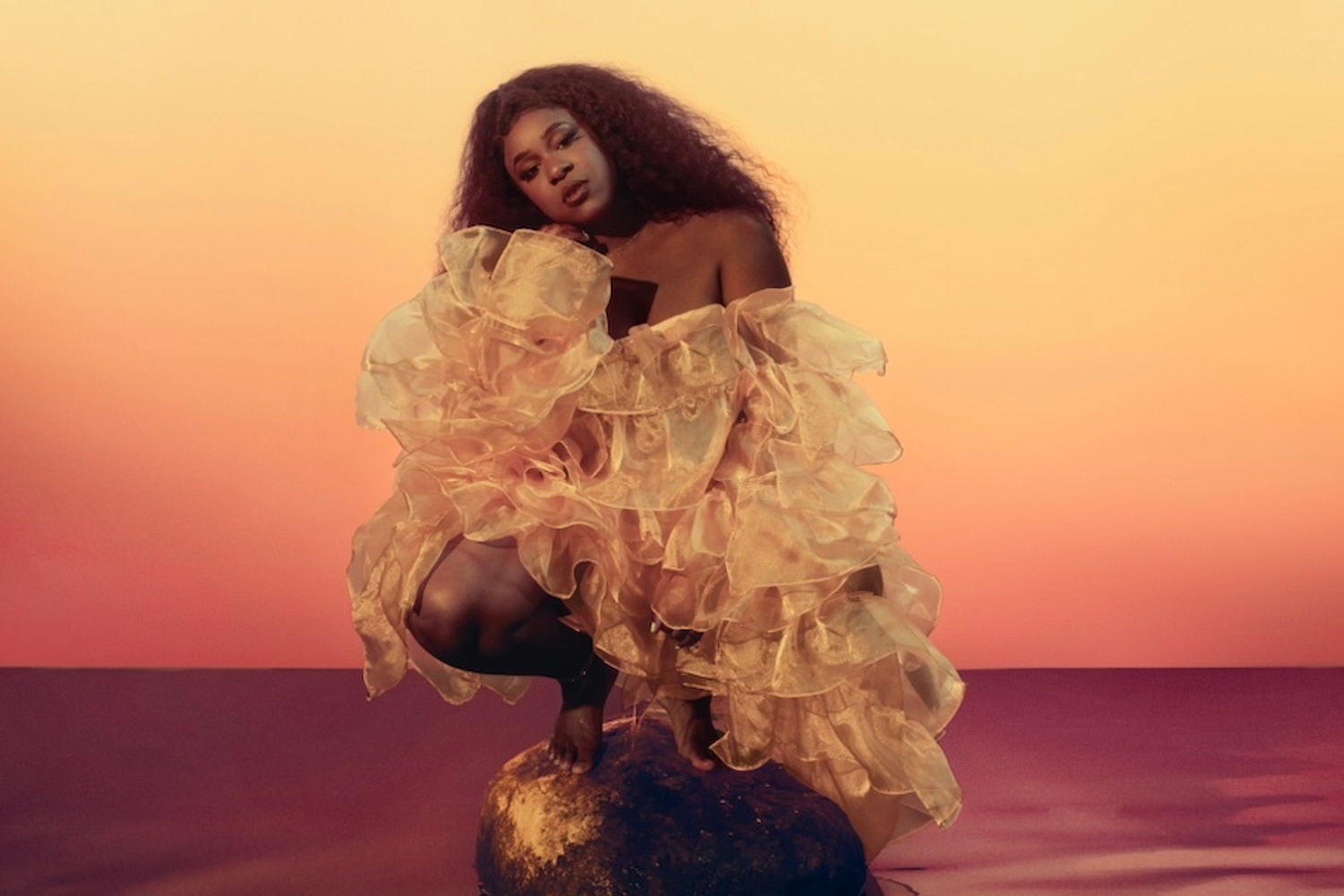
Positive Thinking: NAO
On third LP ‘And Then Life Was Beautiful’, NAO is seeking out the good stuff and keeping her glass half full.
30th September 2021, 12:00pm
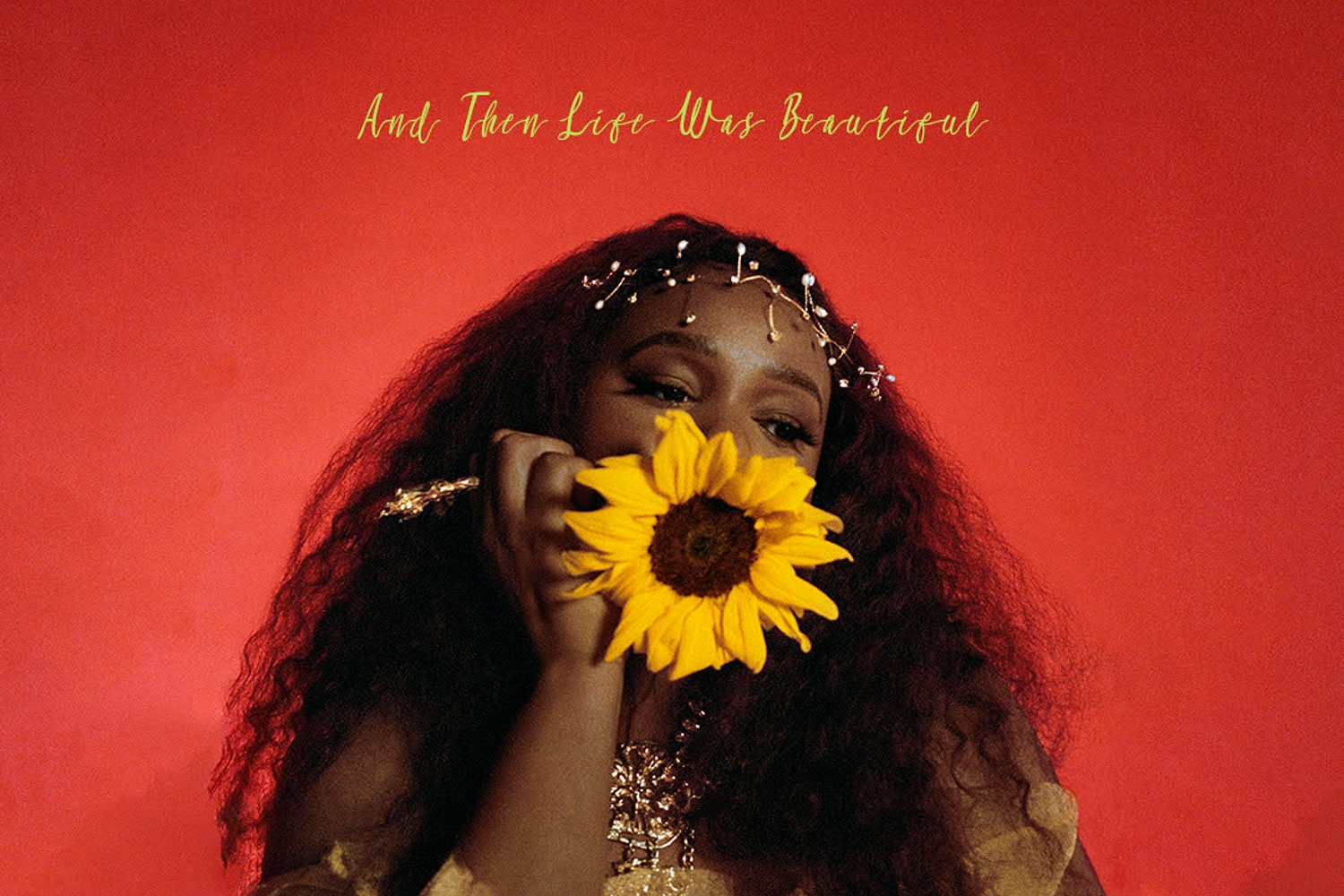
NAO - And Then Life Was Beautiful
4 Stars
A radiant, joyous record.
22nd September 2021, 7:57am
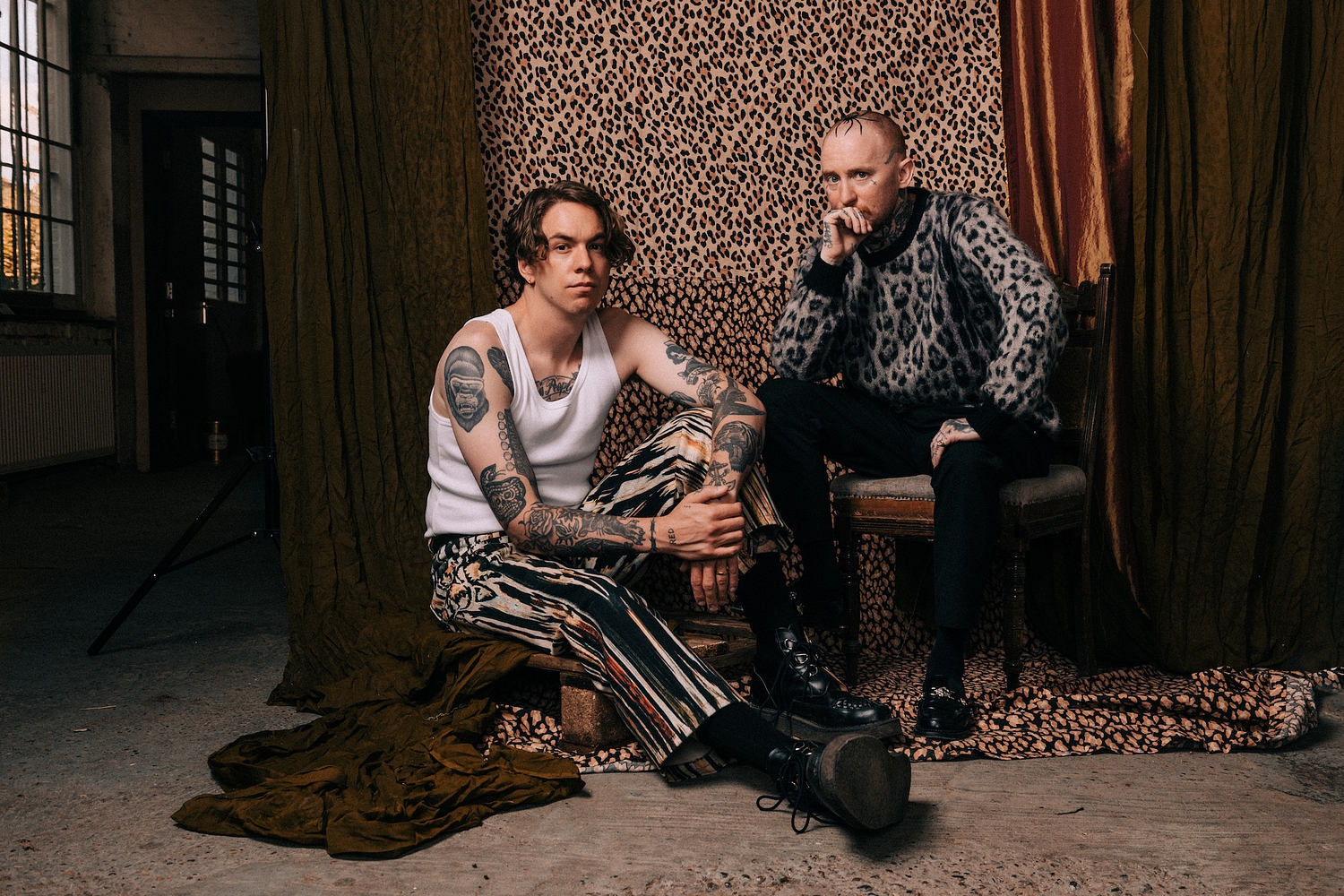
Frank Carter & The Rattlesnakes are on the cover of DIY’s September 2021 issue
Our newest print edition - out now! - also features The Killers, Common, The Vaccines, NAO and loads more.
3rd September 2021, 12:00am
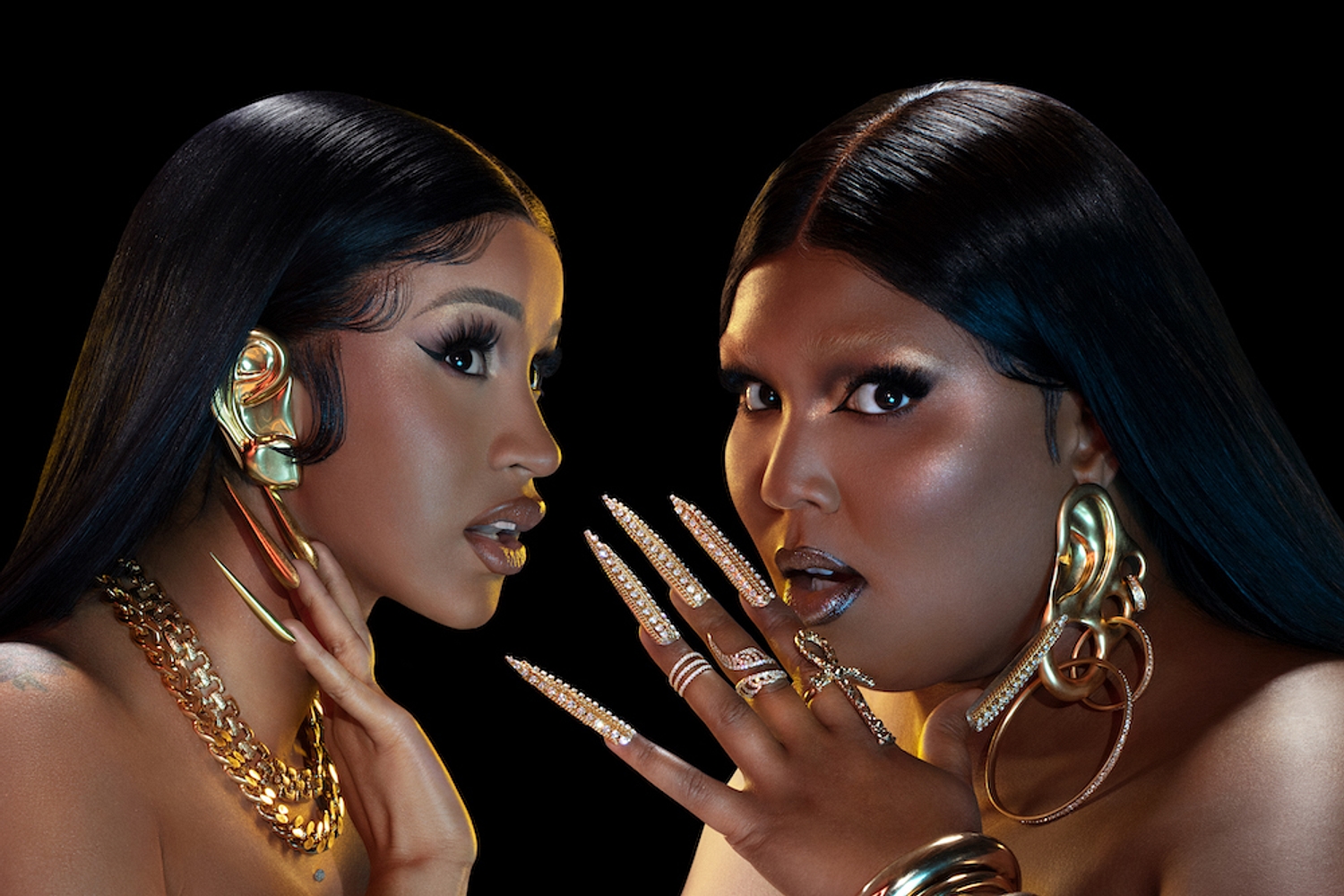
Tracks: Lizzo ft Cardi B, Frank Carter & the Rattlesnakes, Katy B and more
The biggest and best of this week’s new releases.
13th August 2021, 12:00am
Featuring SOFT PLAY, Corinne Bailey Rae, 86TVs, English Teacher and more!
